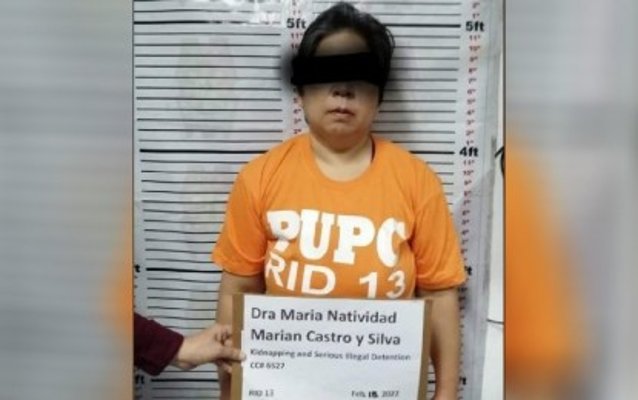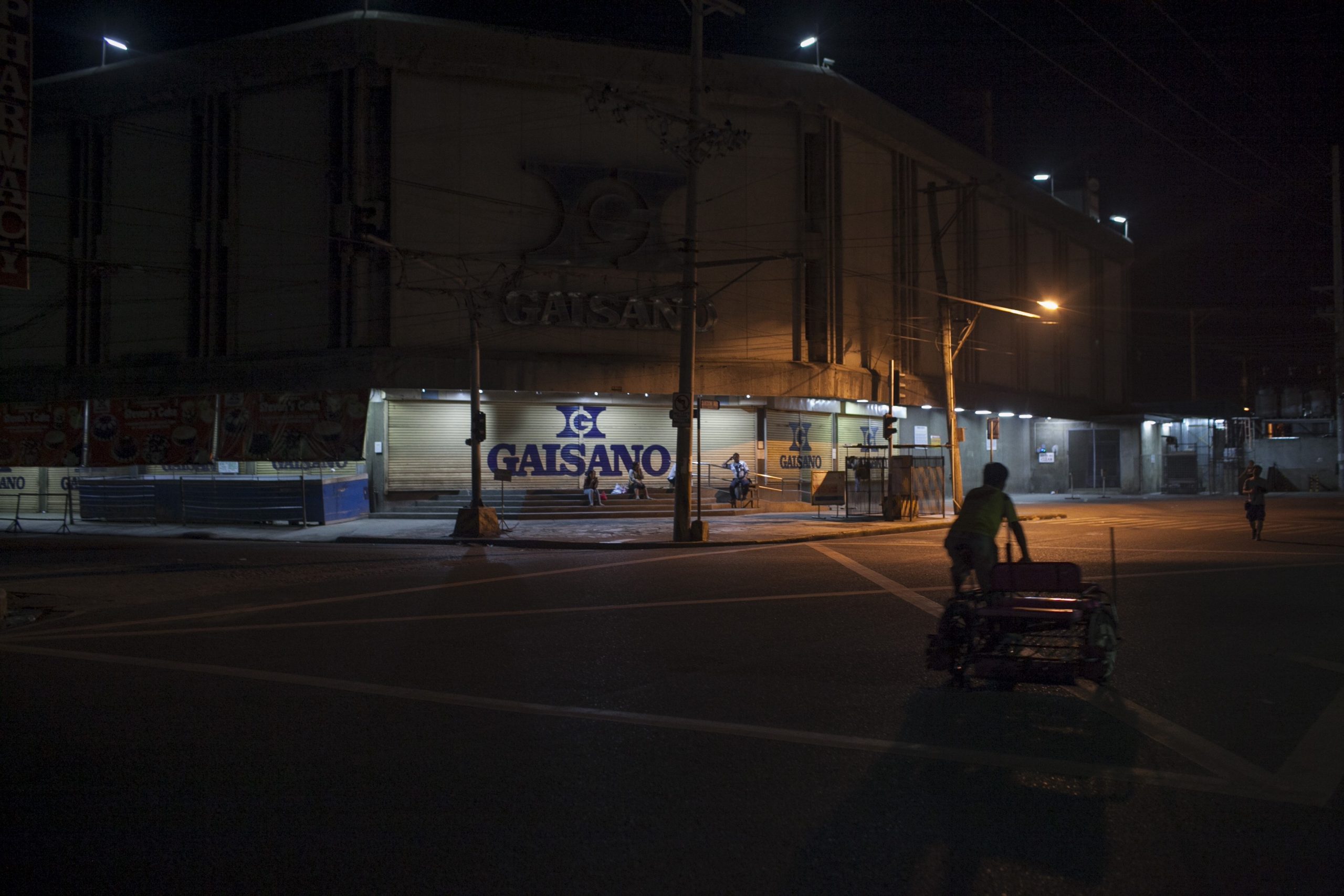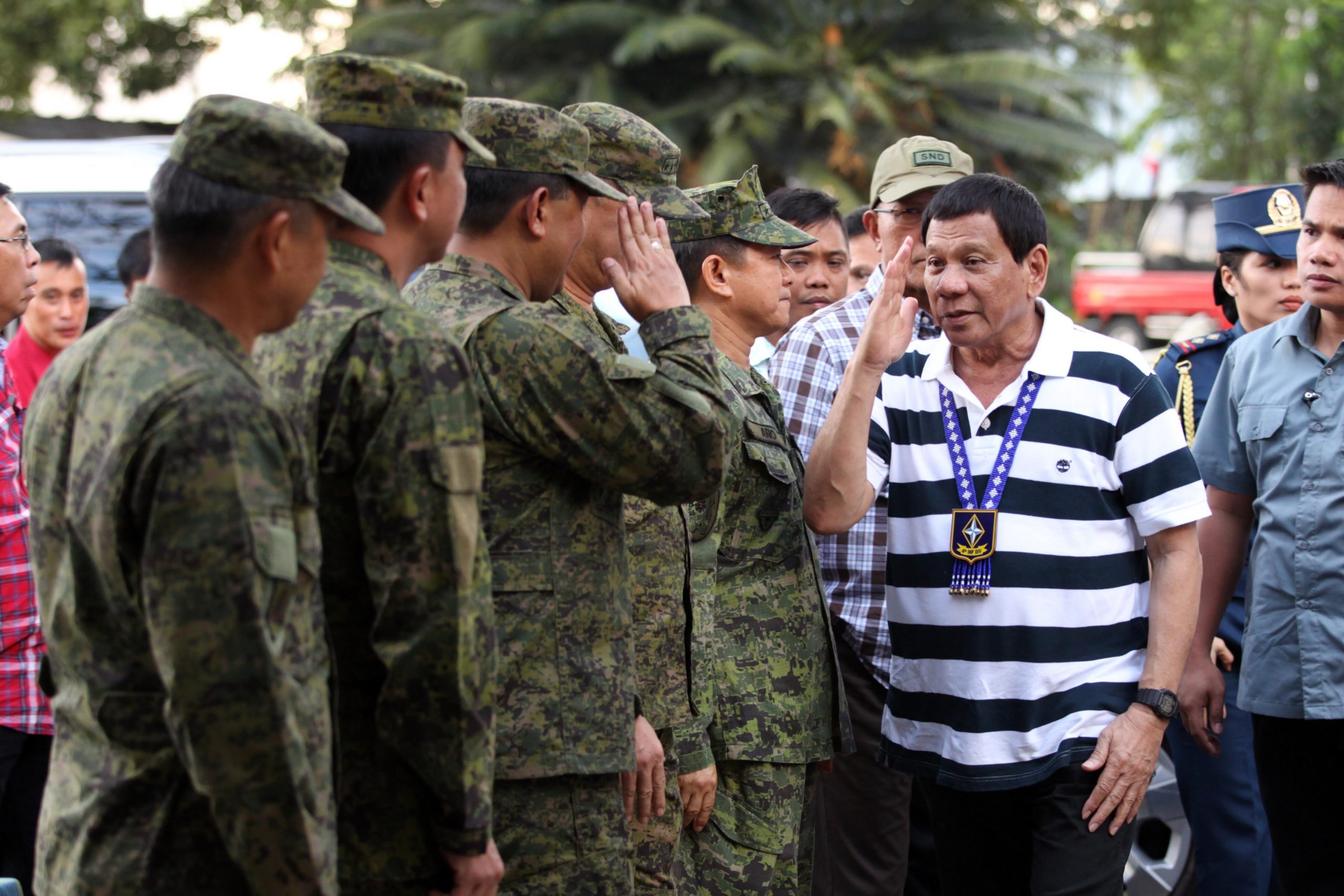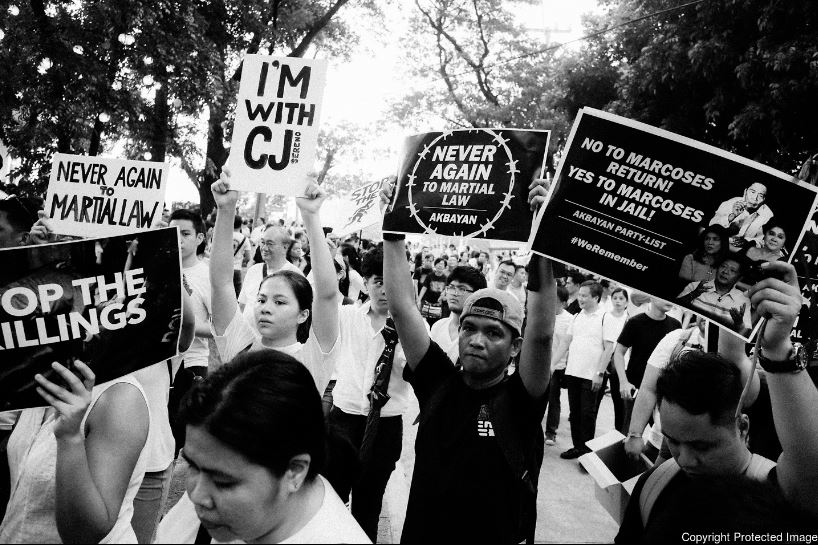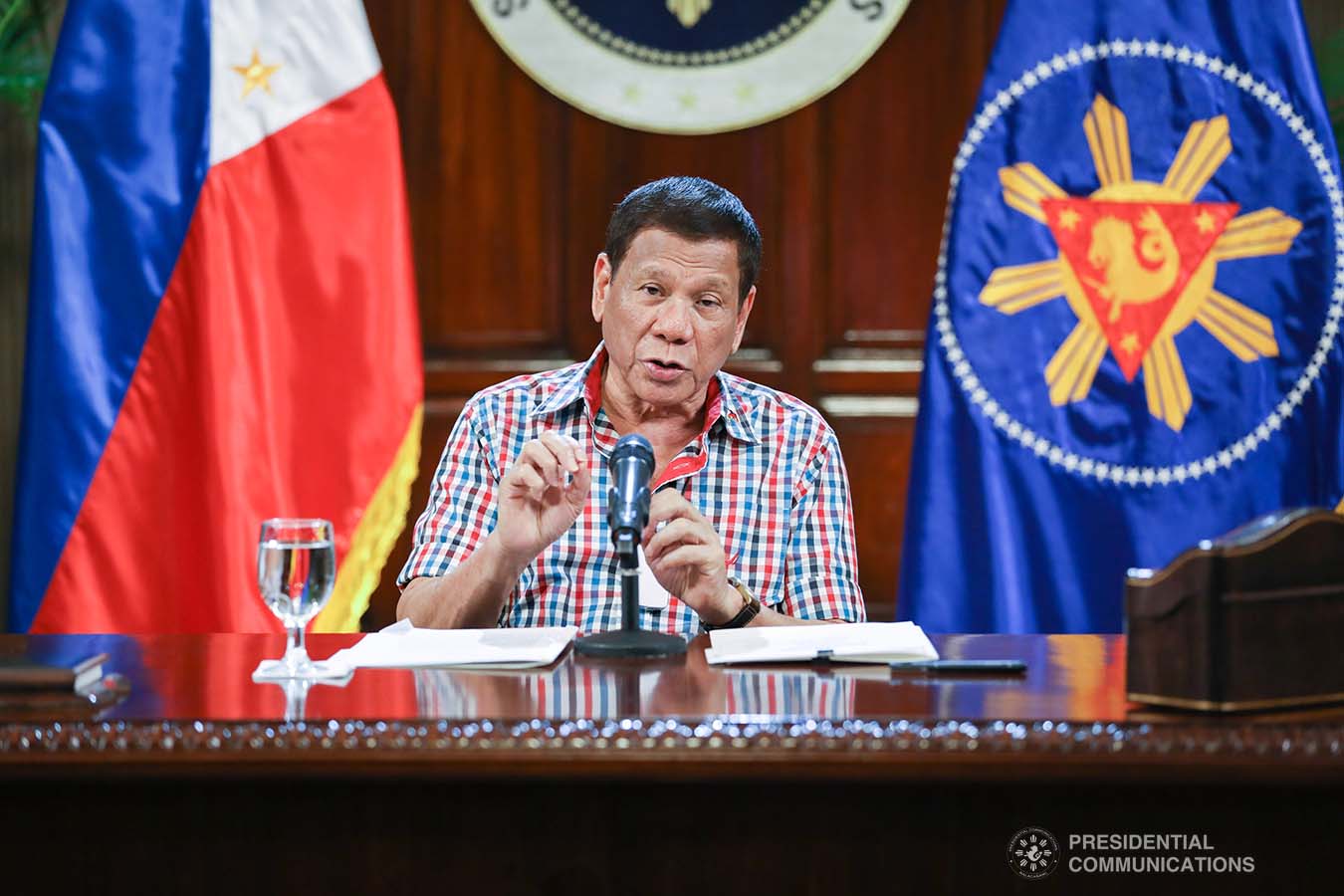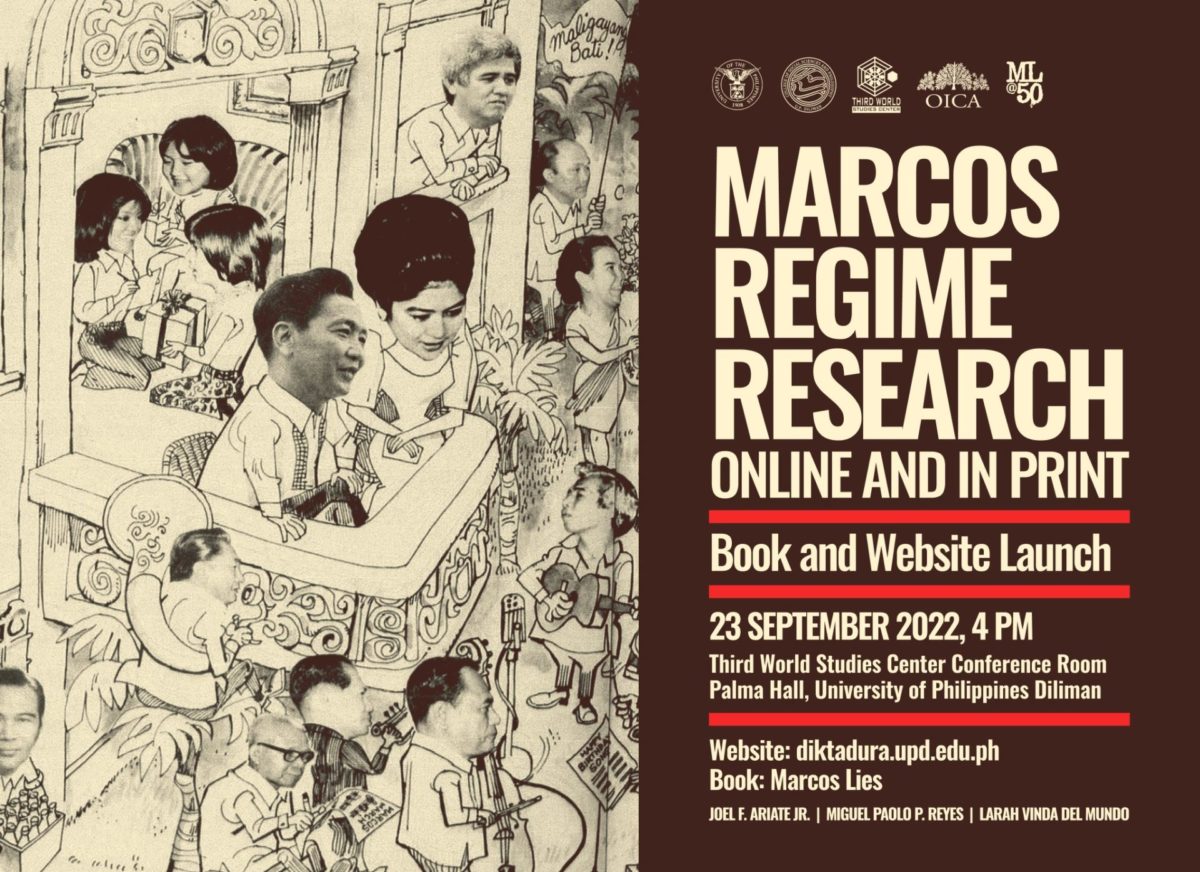The arrest last Friday of Dr. Ma. Natividad Castro sends shivers down the spine of many who experienced martial law. It is something that should not be happening in a democracy, particularly under an administration that claims that the justice system is well in place and working.
Known to her patients and to the indigenous communities she has served as Doc Naty, Castro was arrested in her home in San Juan, Metro Manila on the morning of Friday, Feb. 18 and “moved from one place to another without the arresting officers, who were in civilian clothes, telling [her lawyer] and her family where they would bring her,” her legal counsel Luie Tito Guia wrote on his Facebook account.
“Also, the officers refused to identify themselves nor [did] they reveal from what specific unit they belonged,” added Guia, a former commissioner with the Commission on Elections.
The 53-year-old Castro, who was reported to be a victim of red-tagging, was charged with kidnapping and serious illegal detention for her supposed involvement in a “felonious kidnapping” of a member of the Civilian Active Auxiliary, the person’s detention in an unidentified location and threatening him last Dec. 29, 2018, in Barangay Kolambungan, Sibagat, Agusan del Sur.
According to a report in the Inquirer, Castro spent most of the past two years taking care of her sick mother, who died last October, and her younger sister who suffers from a disability.
Her arrest more than three years after the alleged crimes were committed came as a surprise to her and her family. More than 24 hours later, her sister Menchie found her detained in Bayugan City, Agusan del Sur.
Guia said he managed to talk to Castro for just a few minutes while she was undergoing a health checkup at a hospital after her arrest. He said it was not enough time to “offer the advice she needed as it was allowed only within the hearing distance of the officers.”
“Later, she was brought to an unmarked building, which we found after I and my companions were given the runaround. I was not let in even after I introduced myself as her lawyer. I was also not replied to when I asked who was the officer who needed to approve my entry to the building. To cut the story short, I never got to enter the building to talk to my client. Later, after her sister’s pleading that my client needed to talk to me was ignored, she was suddenly brought out of the building and driven to the airport where she was flown to a city in the South. We followed the convoy and when I saw the arresting officers who were still in civilian clothes at the airport, I asked for their names and from what unit they belonged. They ignored me and just sped away,” Guia narrated.
Clearly, the arresting officers did not respect and uphold some of Castro’s basic constitutional rights. The Commission on Human Rights and the Free Legal Assistance Groups have issued statements that they were looking into the violations of Castro’s rights and the possible accountabilities of the law enforcers.
This incident is just one of the many stories that give credence to assertions that the horrors of martial law are still very much around, not only in the current administration’s anti-insurgency program but also in the bloody war on illegal drugs. We keep hearing stories of illegal arrests, extrajudicial killings, censorship, red-tagging, silencing dissent and attacks on students’ democratic rights.
This comes at a time when the Duterte administration is trying to convince the International Criminal Court that the country’s justice system is working to prosecute those involved in alleged crimes against humanity related to the drug war.
While Castro’s case is not at all related to the drug war, the manner of her arrest does not do anything to support the administration’s claim that the justice system works. If anything, it has been weaponized in its crackdown on dissent.
The Duterte government pushed for the enactment of an anti-terrorism law that justified a massive crackdown on activists.
With the Supreme Court upholding most of its provisions, including the arbitrary power of the Anti-Terrorism Council to designate people as terrorists without having to go to court, it has become too convenient for law enforcers to equate development work in the poor communities to either terrorism or communism which, by the way, has ceased being a crime following the repeal in 1992 of Republic Act (RA) 1700 through RA 7636.
The Philippine National Police Regional Office 13 alleged that Castro, who helped the lumad to set up health centers in Mindanao, is a member of the Communist Party of the Philippines central committee and the head of its national health bureau in Butuan City.
She was nominated in 2020 to receive the outstanding alumni award at the UP College of Medicine for her work as a community doctor, public health practitioner and human rights activist. Ironically, she was tagged as a communist for the same attributes.
While the PNP said her alleged “membership” in the local communist movement is not the basis of her arrest, people who know her attest that her alleged participation in kidnapping with serious illegal detention are trumped-up charges.
“She is a servant leader actively involved in health and human rights and working toward providing health care for all by serving in rural and geographically isolated areas,” the UP College of Medicine Class of 1995 said in a statement of support for Castro whom they also described as “outstanding” and “not an ordinary doctor.”
This high-profile case should now be one of the campaign issues that candidates for both national and local positions should discuss and address. This should not be happening in a democratic country.
The views in this column are those of the author and do not necessarily reflect the views of VERA Files.
This column also appeared in The Manila Times.
